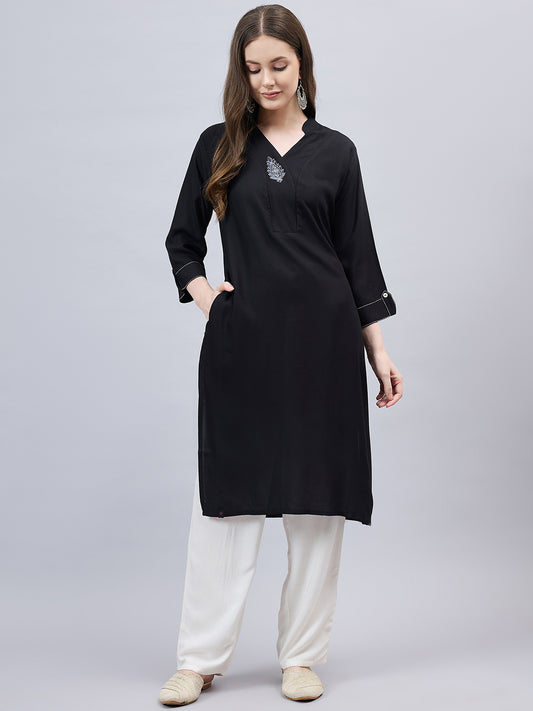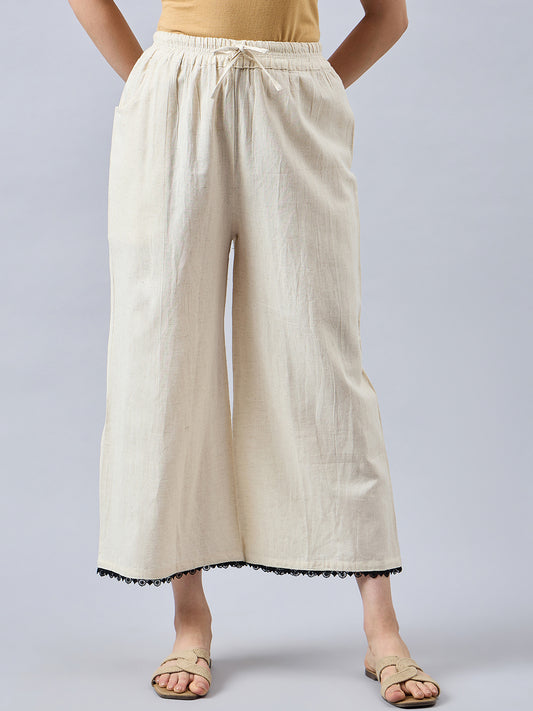Although cotton is a popular fabric because it is comfortable and breathable, it isn't always the ideal option as the weather cools down. Many of us automatically grab for our favorite cotton shirts and sweaters as winter draws near, only to discover that we are feeling cold. Let's examine the reasons why cotton might not be the best partner for you in the winter.
The Science of "Cool" Cotton
The natural fibers of cotton are very absorbent. Because it wicks away perspiration, this very attribute turns into a liability. Cotton retains moisture when it absorbs it, whether from perspiration or the surrounding air. Your body temperature then drops significantly as a result of this moisture's ability to transfer heat away from your body far more quickly than dry air or other substances. Cotton "stealing" your warmth is a common description of this occurrence.
Consider this: if you're wearing a wet cotton shirt in the snow, the water in the fabric will quickly transfer your body heat to the colder air, making you feel far colder than you would if you were wearing something dry and less absorbent.

Better Alternatives for Winter Warmth
What should you wear in its place, then? Choose materials with superior insulation and moisture-wicking qualities for your winter clothing. Because it absorbs moisture without feeling wet and maintains its insulating qualities even when wet, wool—especially merino wool—is a great option. Excellent substitutes are synthetic materials like polyester fleece, which are made to wick moisture away from the skin and dry rapidly, offering better warmth and comfort in cold weather. The secret to being dry and toasty during the winter is to layer these items.
Although cotton is a summertime essential, it's best kept in the closet for actual winter warmth and comfort. When the temperature drops, choose fabrics that will actively keep you dry and insulated.














